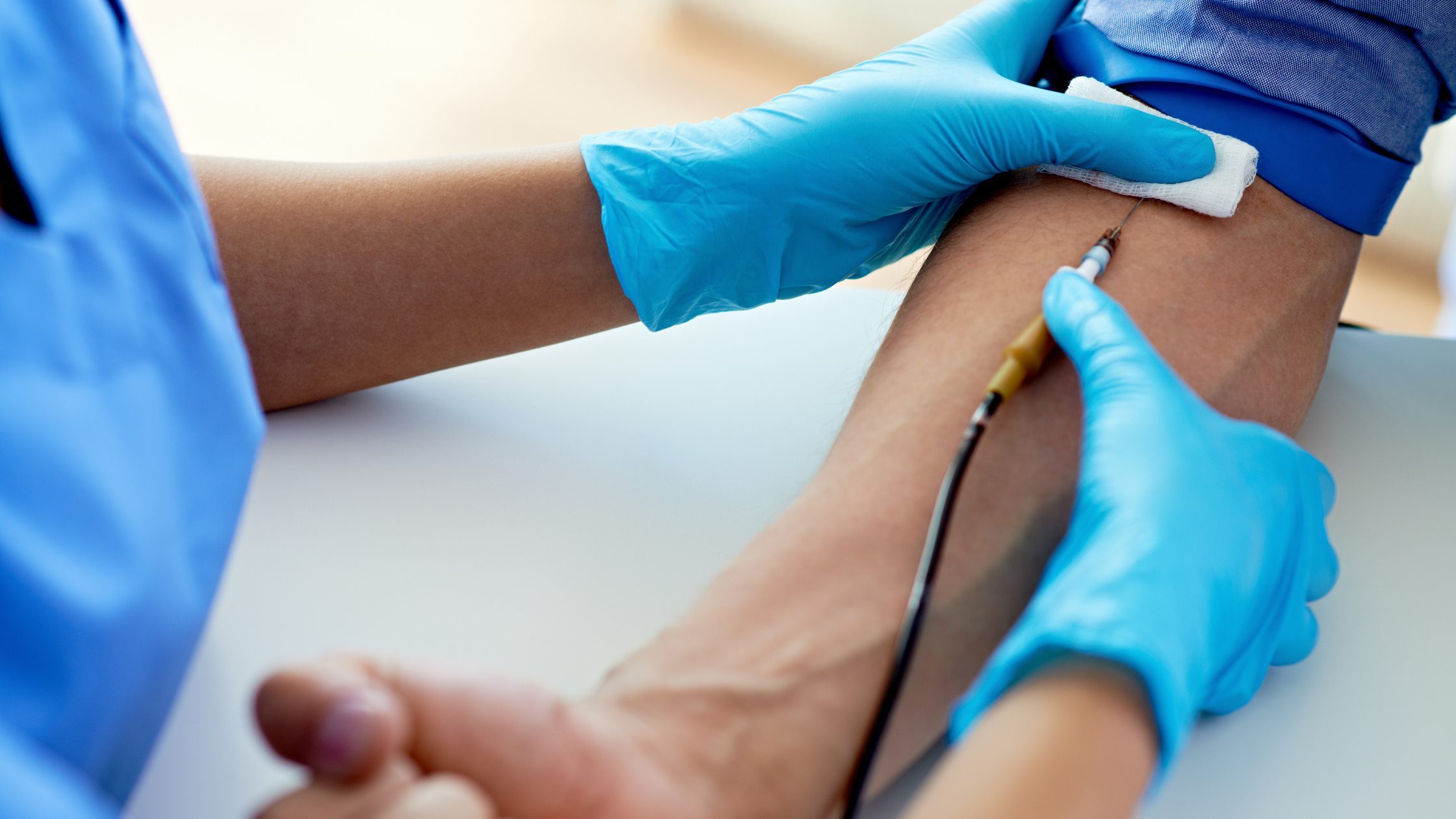
Sometimes it can be difficult to distinguish the difference between the symptoms of food poisoning and stomach flu. We sat down with our GP, Dr Tang to discuss the symptoms of both illnesses to help you understand which you might have:
What are the common symptoms of both food poisoning and stomach flu?
Common food poisoning symptoms are:
- diarrhoea
- fever
- vomiting
- fatigue
- general malaise
- muscle aches
- headache
- sweating
- thirst
Which symptoms are unique to stomach flu? What about food poisoning?
Bloody diarrhoea is more likely to be a symptom of food poisoning. Food poisoning usually affects more than one person and is not an isolated event. Food poisoning can often be traced to a particular source.
It is more likely for a stomach flu to cause a fever, headache, and stomach pain.
Stomach flu tends to be from viruses, and you are likely to experience mild symptoms. However, food poisoning can be virus, bacteria, or parasites.
Do symptoms last the same period for both illnesses?
Food poisoning often lasts longer than stomach flu as food poisoning is usually caused by bacteria from eating a particular food.
What causes stomach flu?
Stomach flu is caused by a bacterial or viral tummy bug. “Stomach bug” and “stomach flu” are both terms for viral gastroenteritis.
Are certain people at greater risk of getting stomach flu? Why?
Those high on the list for getting stomach flu are pregnant women, children, people who aren’t eating well, people whose immune systems are weakened, and older adults. This is often down to the person’s ability to resist infection and fight the illness.
What causes food poisoning?
Food poisoning is caused by eating contaminated food.
What are some foods that can commonly cause food poisoning?
Raw foods of animal origin are the most likely to be contaminated, specifically raw or undercooked meat and poultry, raw or lightly cooked eggs, raw milk, and raw shellfish.
There are at least 250 different kinds of food poisoning, but the most common ones are e. coli, listeria, and salmonella.
Are certain people at a greater risk of getting food poisoning?
Anyone can get food poisoning, but certain groups of people are more likely to get sick and to have a more serious illness. Their bodies’ ability to fight germs and sickness is not as effective for a variety of reasons. These groups of people are adults aged 65 and over, children younger than 5, people with weakened immune systems, and pregnant women.
How is the stomach flu treated?
There’s often no specific medical treatment for the stomach flu. Antibiotics aren’t effective against viruses and overusing them can contribute to the development of antibiotic-resistant strains of bacteria.
Are there any foods you should avoid with the stomach flu?
Gradually begin to eat bland, easy-to-digest foods, such as crackers, toast, bananas, rice, and chicken. Stop eating if your nausea and sickness returns. Avoid certain foods and substances until you feel better.
Are there any medications for the stomach flu?
You can be prescribed an antiemetic such as promethazine, prochlorperazine, metoclopramide, or ondansetron to stop the nausea and vomiting.
Are there any possible complications of the stomach flu you should watch for? When should you see a doctor?
The main complication of the stomach flu is dehydration — a severe loss of water and essential salts and minerals. If you’re healthy and drink enough to replace fluids you lose from vomiting and diarrhoea, dehydration shouldn’t be a problem
A further complication is bloody diarrhoea, this is a severe form of food poisoning and needs urgent attention. Food poisoning can be mild and you experience diarrhoea for 24 hours without fever. Alternatively, you can experience severe blood in diarrhoea and dehydration.
How is food poisoning treated? Are there any foods you should avoid with food poisoning? Any medications for it?
The symptoms of food poisoning usually pass within a week. Be sure to drink lots of water and rest
Dairy foods such as cheese, ice cream, and yogurt can upset the stomach after food poisoning.
Are there any possible complications of food poisoning you should watch for? When should you see a doctor?
Most people have only mild illnesses, lasting a few hours to several days. However, some people need to be hospitalised, and some illnesses result in long-term health problems or in rare cases, even death.
What are some tips for preventing the spread of the stomach flu?
- Practice proper hand hygiene
- When you are sick, do not prepare food or care for others
- Clean and disinfect contaminated surfaces
- Wash clothing thoroughly
How can you protect yourself from getting food poisoning?
Ensure all food is within date and cooked through.
If you are suffering with persistent symptoms that you cannot treat at home, you should seek advice from your GP. At Pall Mall, we offer appointments and telephone consultations for all the family available with private GP’s, including same-day, evening and weekend bookings.





